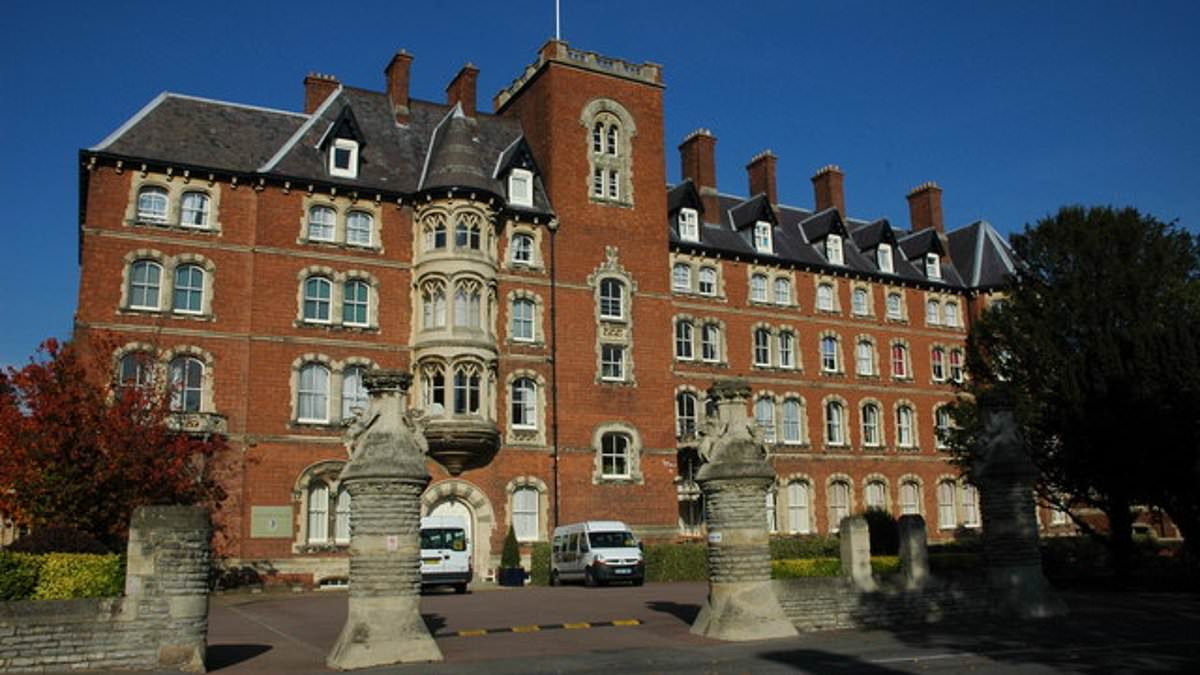
Over the past decade, Chinese investors have increasingly acquired British private schools, raising concerns among UK officials about potential national security risks. With more than 30 schools purchased by Chinese entities, experts believe this trend is part of a larger ideological strategy to shape young minds.
Government Concerns About Chinese Takeovers
The UK’s Department of Education and security officials are alarmed by the significant uptick in Chinese investments in the private education sector. A senior government official stated, “China is playing the long game by targeting private schools. It’s ideological warfare; these children will grow up and be helpful to the Communist Party.”
MP Phil Brickell, a member of the foreign affairs committee, emphasized the vulnerability of the UK’s “world-leading education system” as a target for foreign influence. He criticized previous governments for failing to properly assess China’s strategic intentions, urging immediate measures to protect British interests.
The Appeal of British Education for Chinese Investors
Analysis from Beijing-based company Venture Education highlights that the demand for British private education among Chinese families is one of the main drivers behind these acquisitions. Schools such as Thetford Grammar School, founded in 1566 and now owned by China Financial Services Holdings, and Wisbech Grammar, founded in 1379 and acquired by Access Education, have been listed as prominent examples of this trend.
Some formerly single-gender schools, such as Malvern St James and Ipswich High School, have started accepting boys post-acquisition to appeal to the international boarding market. Malvern St James, for example, was purchased in February and announced its new co-ed policy shortly after.
Economic Challenges Leading to Foreign Investments
Venture Education’s Managing Director, Julian Fisher, noted that economic challenges, such as the application of VAT on school fees, have made British private schools more appealing to Asian investors. He remarked that “rupture is a time for opportunity,” albeit suggesting that some investors are cautious about short-term deals and may focus on acquiring prestigious schools in the near future.
Regulatory Measures and National Security
Despite these concerns, the UK’s security services have faced resistance in categorizing China as a higher-tier risk under the Foreign Influence Registration Scheme (FIRS). The scheme aims to monitor individuals working for hostile states within the UK. However, opposition leader Sir Keir Starmer has resisted calls for stricter controls.
A spokesperson from the UK Government stated that all independent schools must comply with the Independent School Standards, including promoting British values such as democracy, the rule of law, and mutual respect. However, critics argue that these safeguards may not be sufficient to counter potential influence stemming from foreign ownership.
What’s Next for Parents and Students?
The increase in Chinese acquisitions raises questions about the future of the UK’s private education landscape. Whether these purchases will positively or negatively impact students remains uncertain, but the government and school regulators are expected to monitor and uphold standards to ensure continuity in education.
Featured Product Recommendation
Parents concerned about their child’s education may wish to invest in learning enhancement tools to ensure consistent academic performance. Consider the Scholarly Planner 2024, designed to help students organize their study schedules efficiently. With its detailed weekly layout and goal-setting features, this planner can assist in navigating rigorous academic demands.






